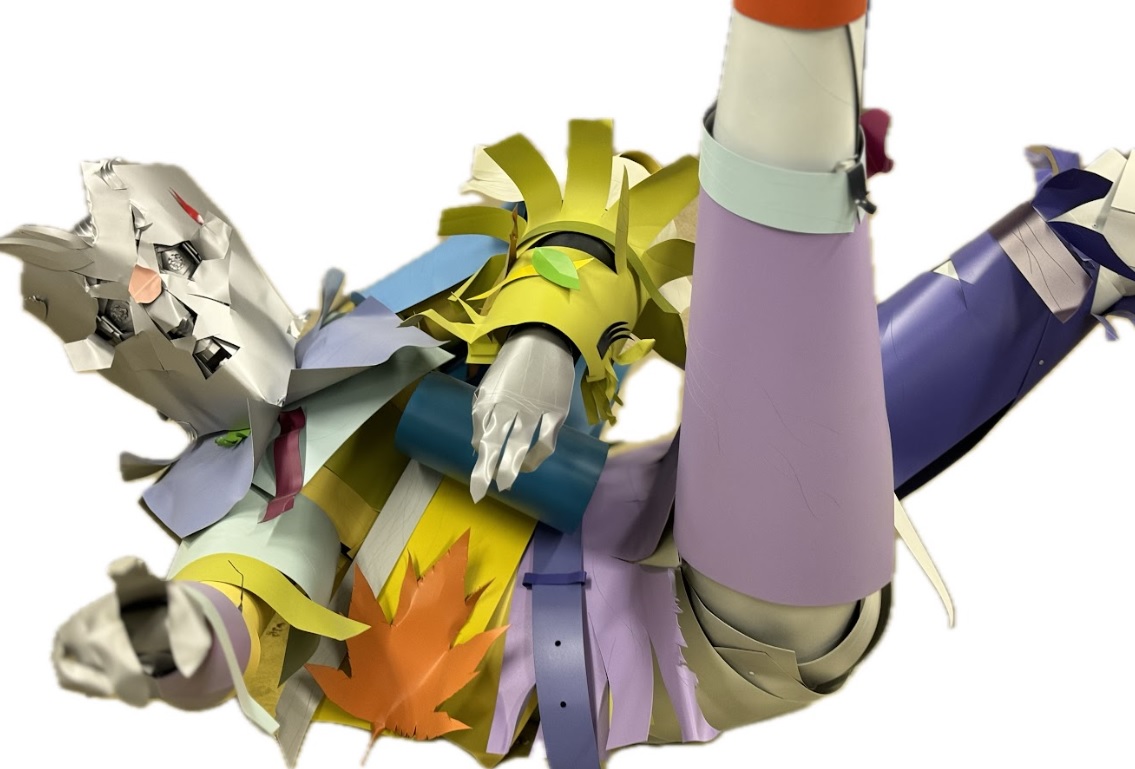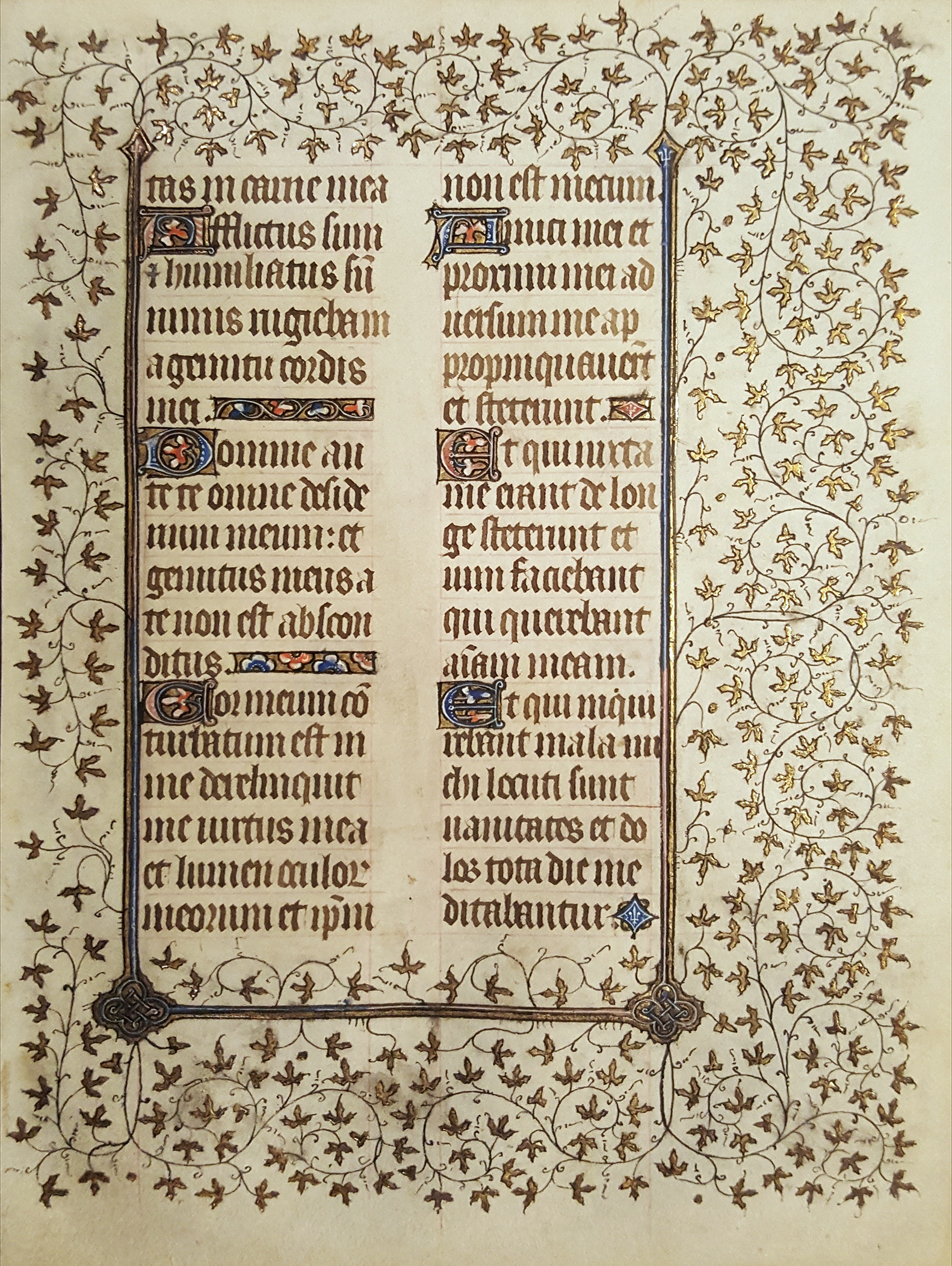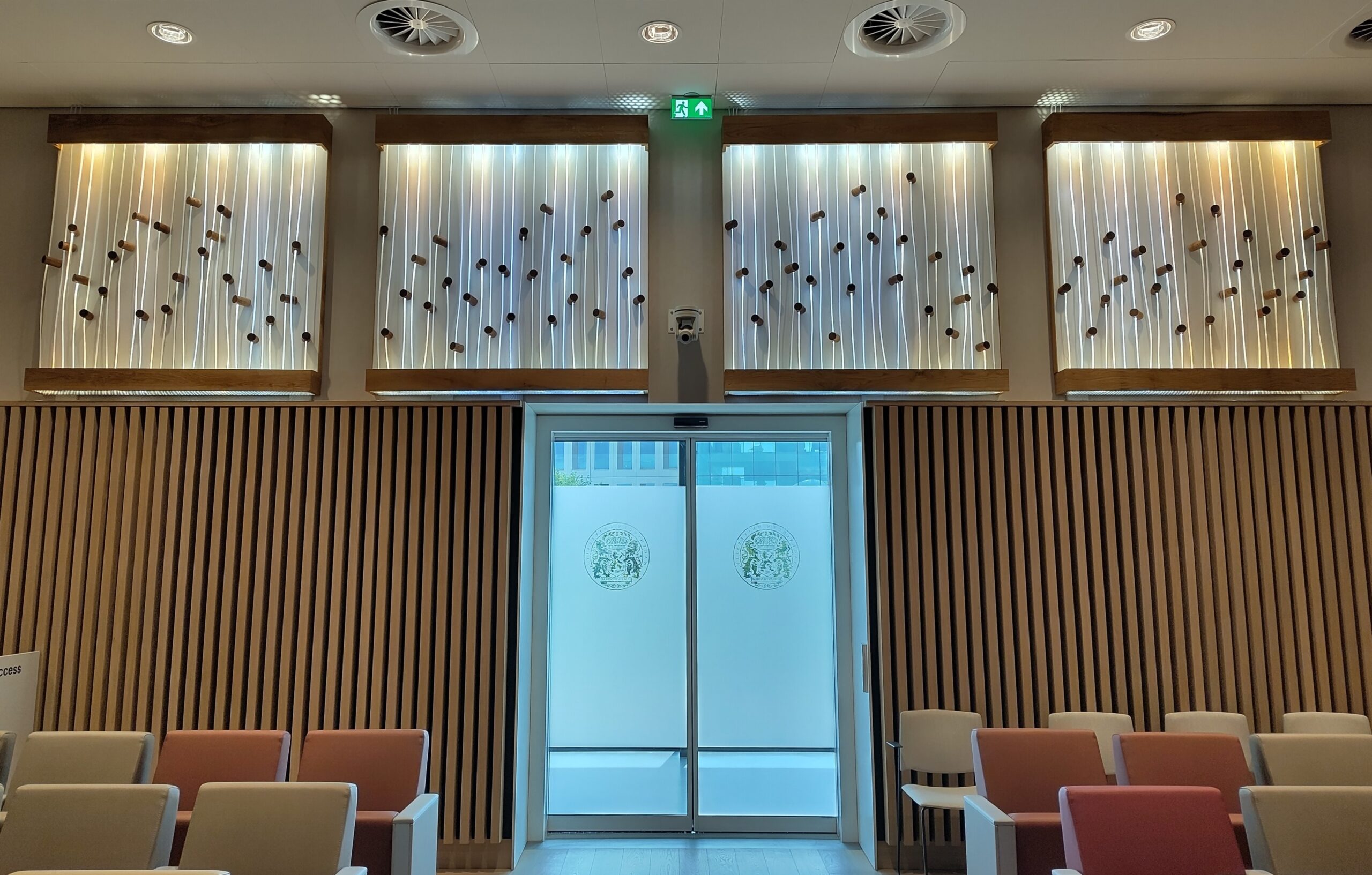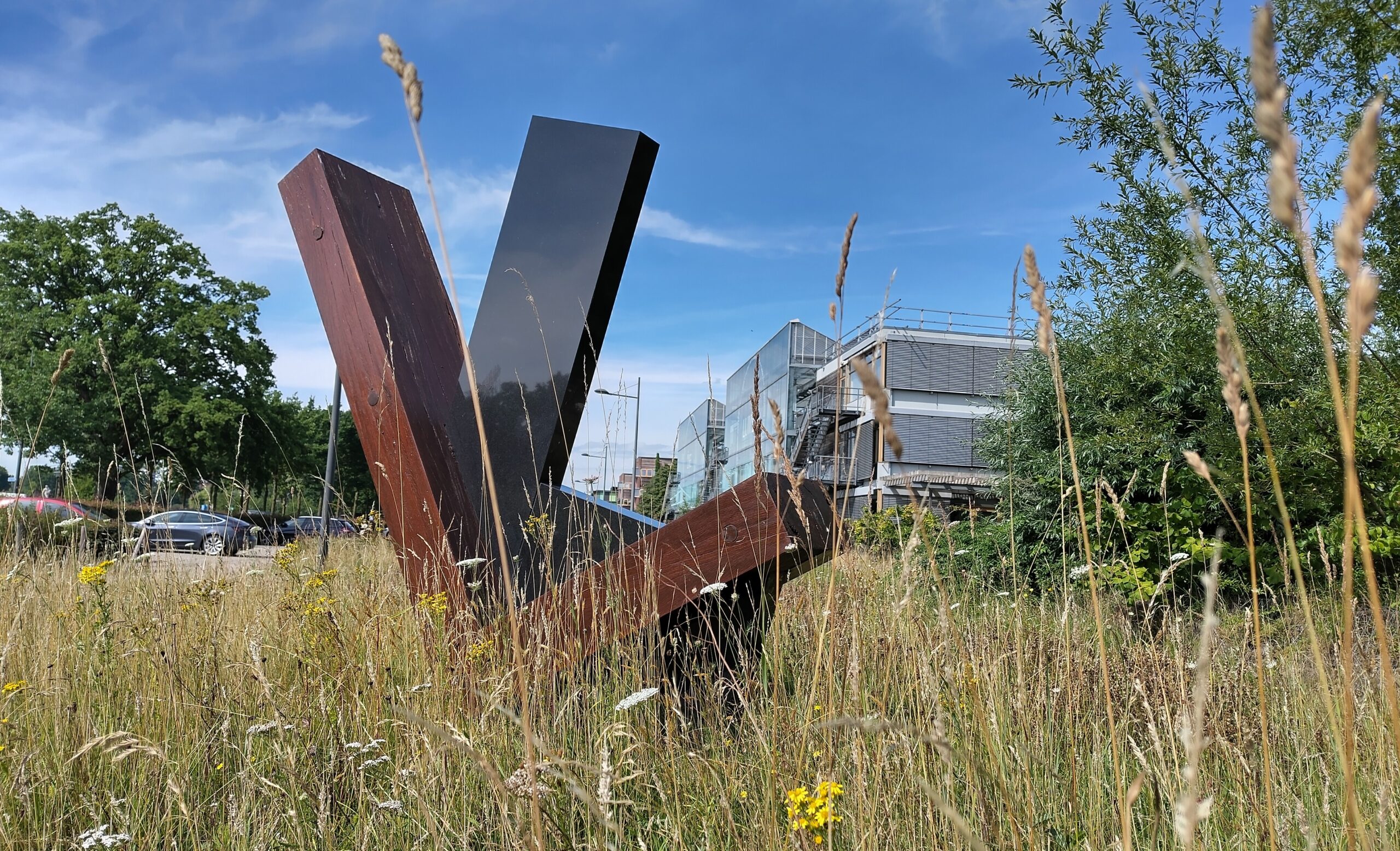The five-yearly art exhibition Beelden op de Berg in WUR’s Belmonte Arboretum will take decolonization as its theme this year. Entitled Enchanter’s Nightshade — Decolonizing Botany, the exhibition will showcase works made specially for it by 14 internationally renowned artists.
The theme draws attention to how our knowledge of nature, plants and trees is intertwined with colonialism, migration and economic profit. ‘Decolonization also means recognizing and appreciating the contributions of indigenous communities to our knowledge of plants,’ explains curator Mirjam Westen. She is the curator of modern art at Museum Arnhem.
Students
A group of second-year Bachelor’s students are involved in the exhibition and its theme through an honours research project. Since September, they have been studying how various cultures deal with these issues. The plan is to present their work in a book.
Decolonization also means appreciating the contributions of indigenous communities to our knowledge of plants
According to the curator Westen, ‘Enchanter’s Nightshade’ refers to the traditional knowledge of medicinal plants, which Western medicine often belittles. The participating artists come from countries such as Mexico, South Africa, China, Chile, Armenia and Malaysia. Femke Herregraven and Jerrold Saija will be taking part from the Netherlands. RK
Enchanter’s Nightshade — Decolonizing Botany
From 1 June to 15 September 2024
Belmonte Arboretum, Generaal Foulkesweg 94a, Wageningen
Open: daily from dawn to dusk, free admission

 An artwork in progress, by the Armenian Karen Sargsyan. Photo Taco Remijnse & Harry Harssema
An artwork in progress, by the Armenian Karen Sargsyan. Photo Taco Remijnse & Harry Harssema 

